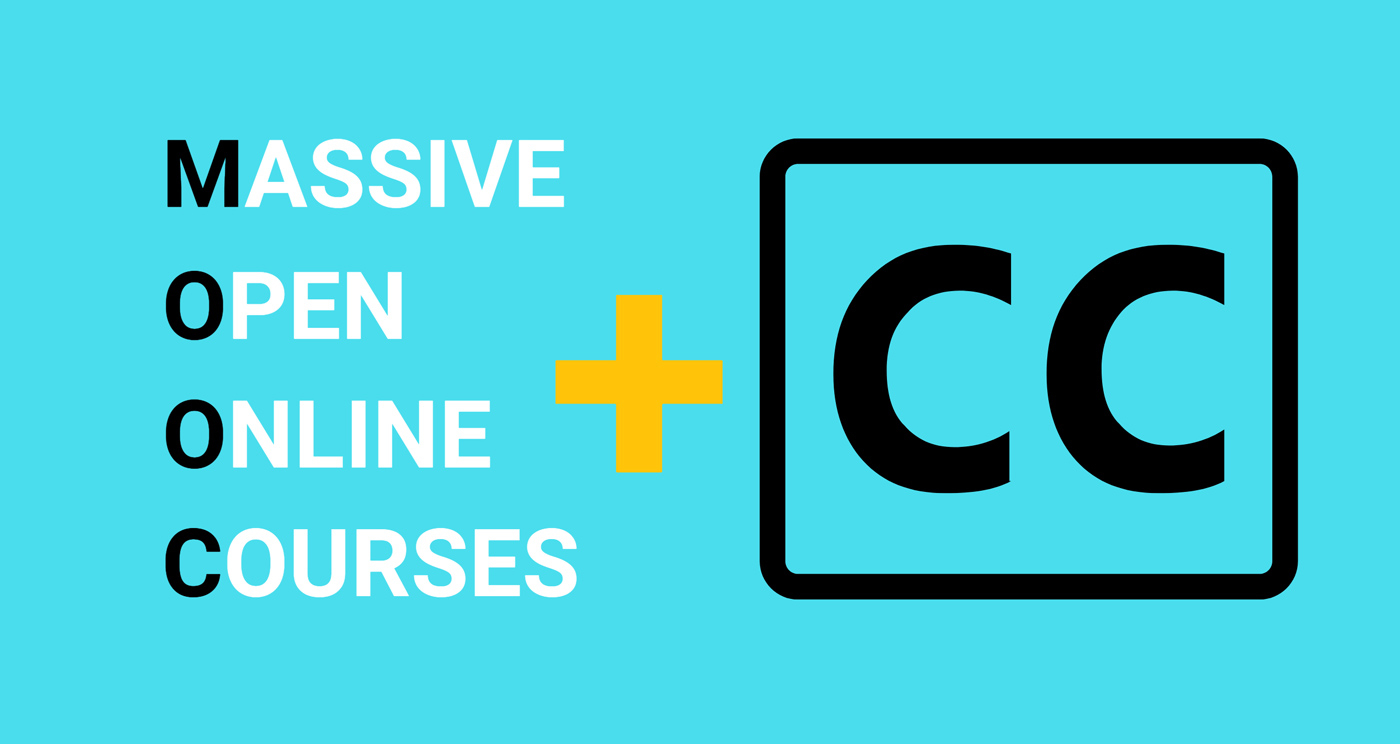5 MOOC Platforms Doing Captioning Right
Updated: April 20, 2021
Massive open online courses (MOOCs) are distinguished from other online education programs in that they are made available to the public on behalf of the host university. They are usually free, although sometimes fees are charged for optional services like a certificate of completion.
MOOC platforms organize these online courses from universities, and sometimes individual lecturers, all around the world into one place. They are a sort of mosaic, post-classroom approach to tertiary education for an international public of online learners.
If you’re d/Deaf or hard of hearing, however, these classes are difficult if not impossible to take unless their video content is captioned. Most online courses rely heavily on videos such as recordings of classroom lectures. The legal debate rages on about whether the publicly available multimedia content on university websites must be made accessible. Luckily, MOOCs tend to be a little more proactive about accessibility and often require, encourage, or facilitate monitoring for closed captions on course videos from host institutions and individual publishers.
So, in no particular order, we’re highlighting 5 MOOC platforms that stand out for their commitment to captioning video content and thereby allowing more people around the globe to gain access to free, flexible, high-quality education.
EdX (MIT, Harvard, et al.)
In 2015, MIT and Harvard were sued by the National Association of the Deaf (NAD) for accessibility issues, specifically a lack of comprehensive and accurate captioning, on their own MOOC platforms and websites. The case remains in litigation.
Around the same time the Harvard/MIT lawsuit was filed, a settlement emerged from a lawsuit against MOOC platform EdX (which hosts both MIT and Harvard MOOCs) in which the website agreed to make their site accessible and inform content creators on how to make their digital media more accessible. The result is a learning platform with a strong accessibility policy in which one is increasingly hard-pressed to find videos that are not captioned.
Coursera
One of the first major MOOC platforms to hit the market, Coursera, was launched in 2012 by two professors from Stanford University and currently boasts a whopping 25 million learners worldwide.
Coursera is committed to captioning all of their course lecture videos, and even gives users the opportunity to submit complaints if they notice any errors in the captions. At the top of their accessibility policy web page, Coursera states:
All of our course lecture videos offer closed captioning. We strive for accuracy and completeness. Learners may flag issues while watching lecture videos and are encouraged to submit support tickets for content that is not captioned appropriately and we will address the matter promptly.
FutureLearn
Future Learn is a very user-friendly MOOC platform that partners with prestigious institutions around the world like University of Leeds and Trinity College Dublin.
The host institutions on this platform design courses specially tailored to the online learning experience and some even offer online degrees. While many MOOCs are simply a collection of lecture capture recordings and suggested assignments, Future Learn courses are often very interactive and have opportunities for engaging in discussion forums with educators and other students.
Best of all, all videos used in the courses on their website include captions (subtitles) and downloadable transcripts.
Stanford Online
While you can find Stanford MOOCs across multiple platforms, the university’s own centralized platform is actually quite robust and accessible.
Their platform, Stanford Online, follows Stanford University’s web accessibility policy which states they adhere to WCAG 2.0 Level AA, an international web accessibility standard that requires accurate closed captions on video content. The site also allows users to submit complaints about any accessibility issues encountered on their site.
MIT OpenCourseWare
MIT OpenCourseWare (OCW) is a separate entity from EdX. OCW is “a web-based publication of virtually all MIT course content,” that is free and open to the world. While not as structured as other MOOC platforms, OCW lets you take a DIY approach to learning outside a classroom with basically all materials from a course at MIT (except the professor) at your disposal.
Not all course videos are captioned, but MIT Open Courseware is unique in that it has a web page that conveniently lists every course with subtitles (captions).
While that page is certainly helpful, MIT’s lack of captioning on OCW is currently a chief concern in its legal conflict with the NAD. However, in the meantime their decision to at least put all courses with captioned video content into one repository is certainly commendable.
—










